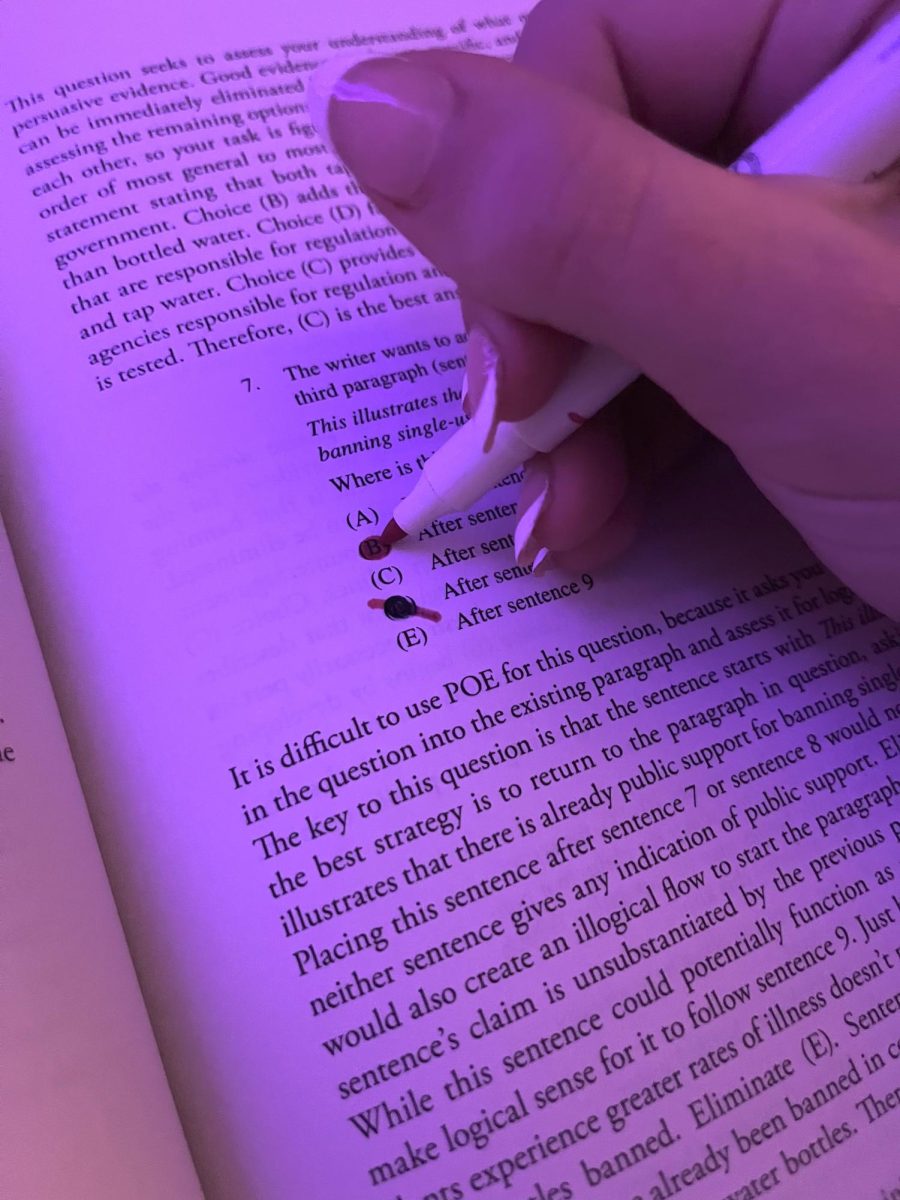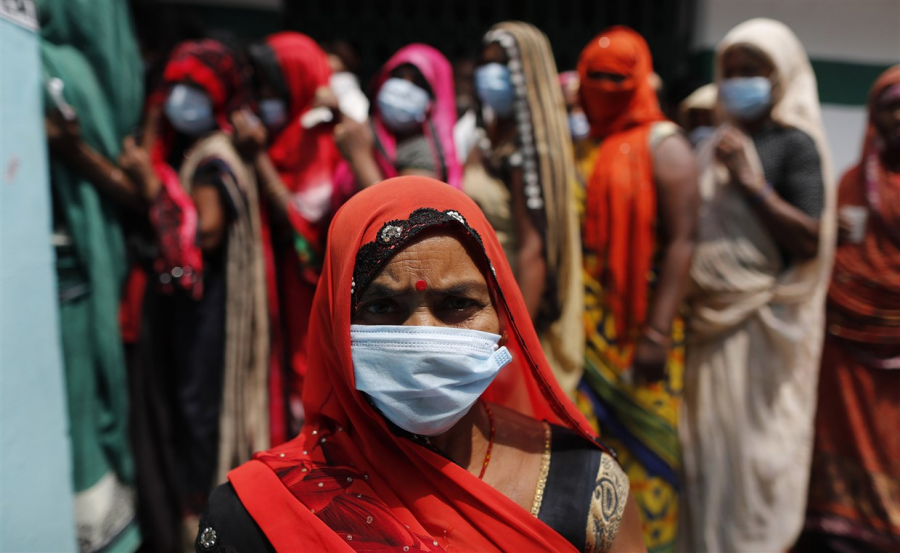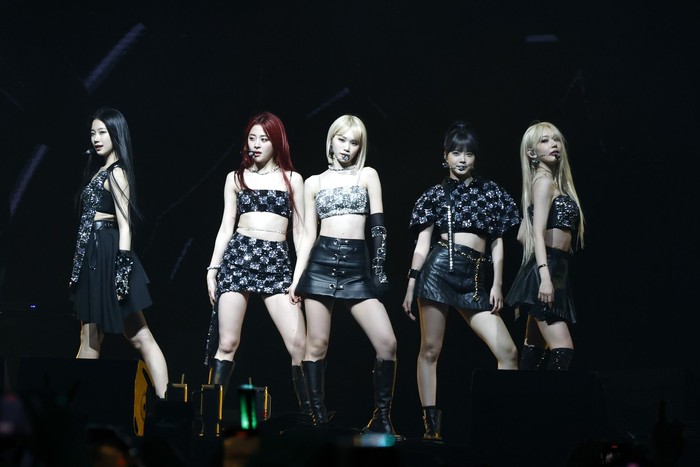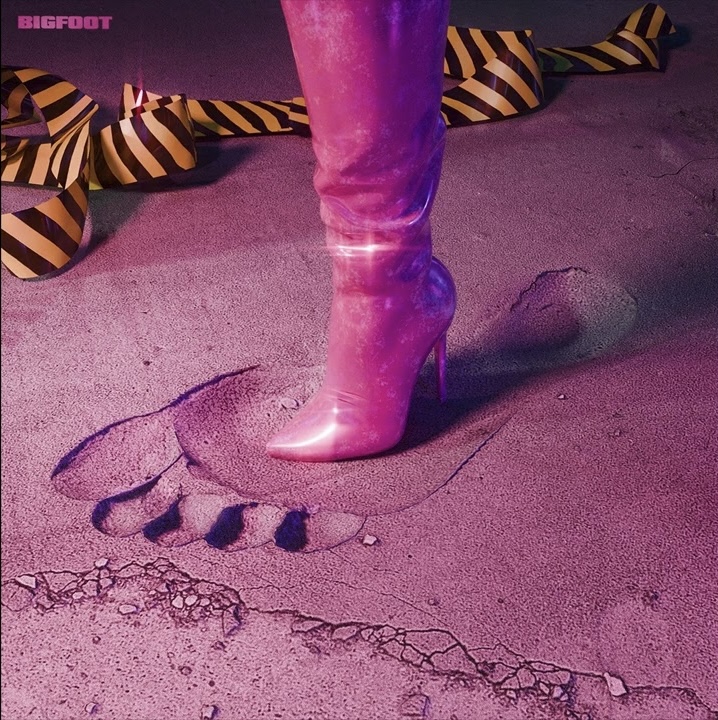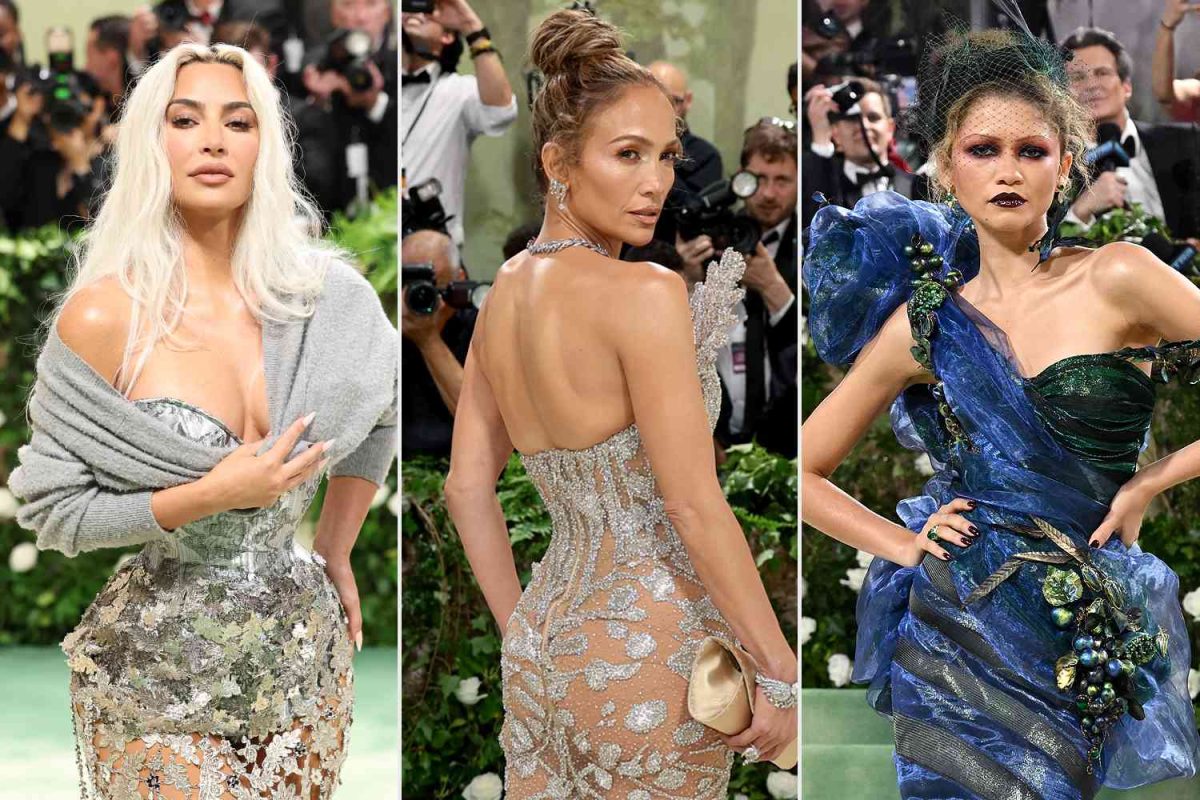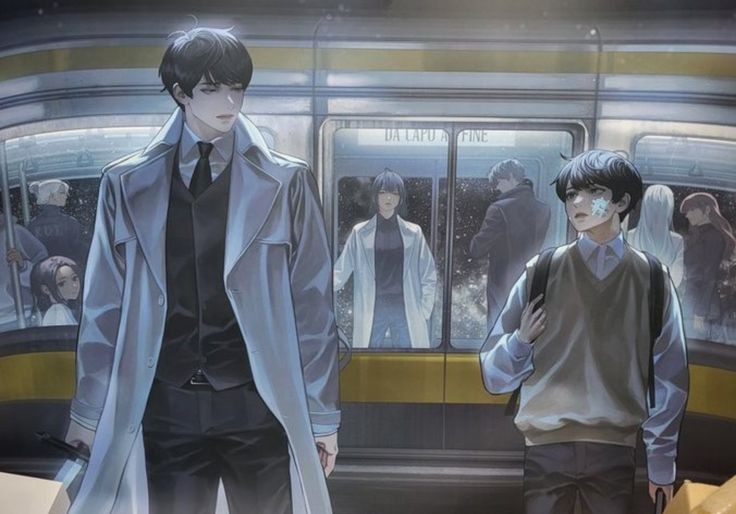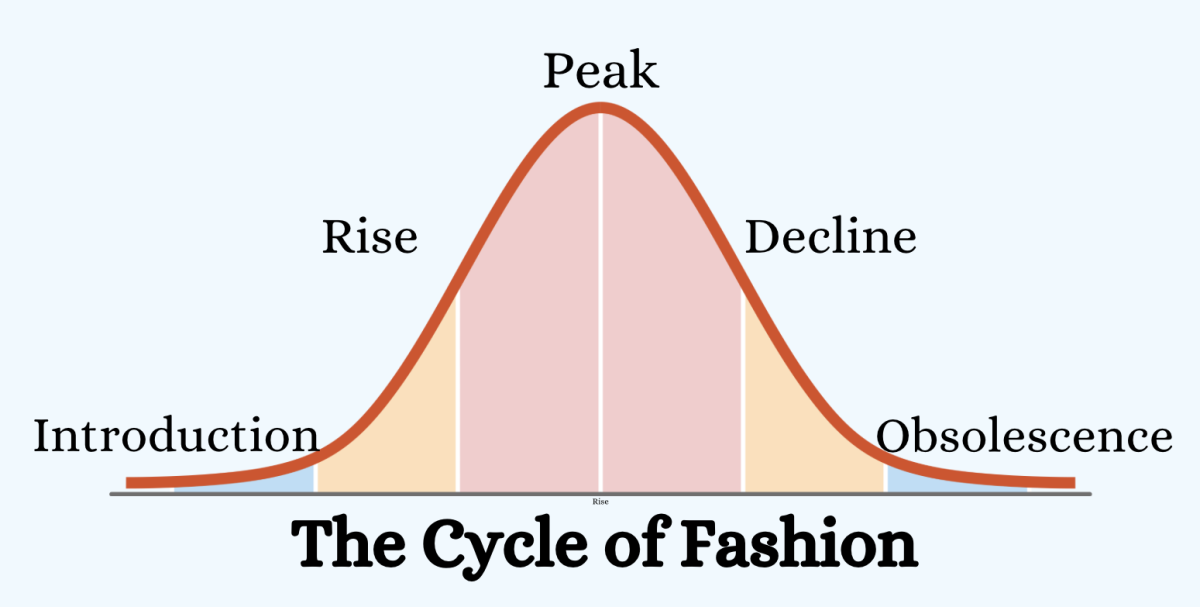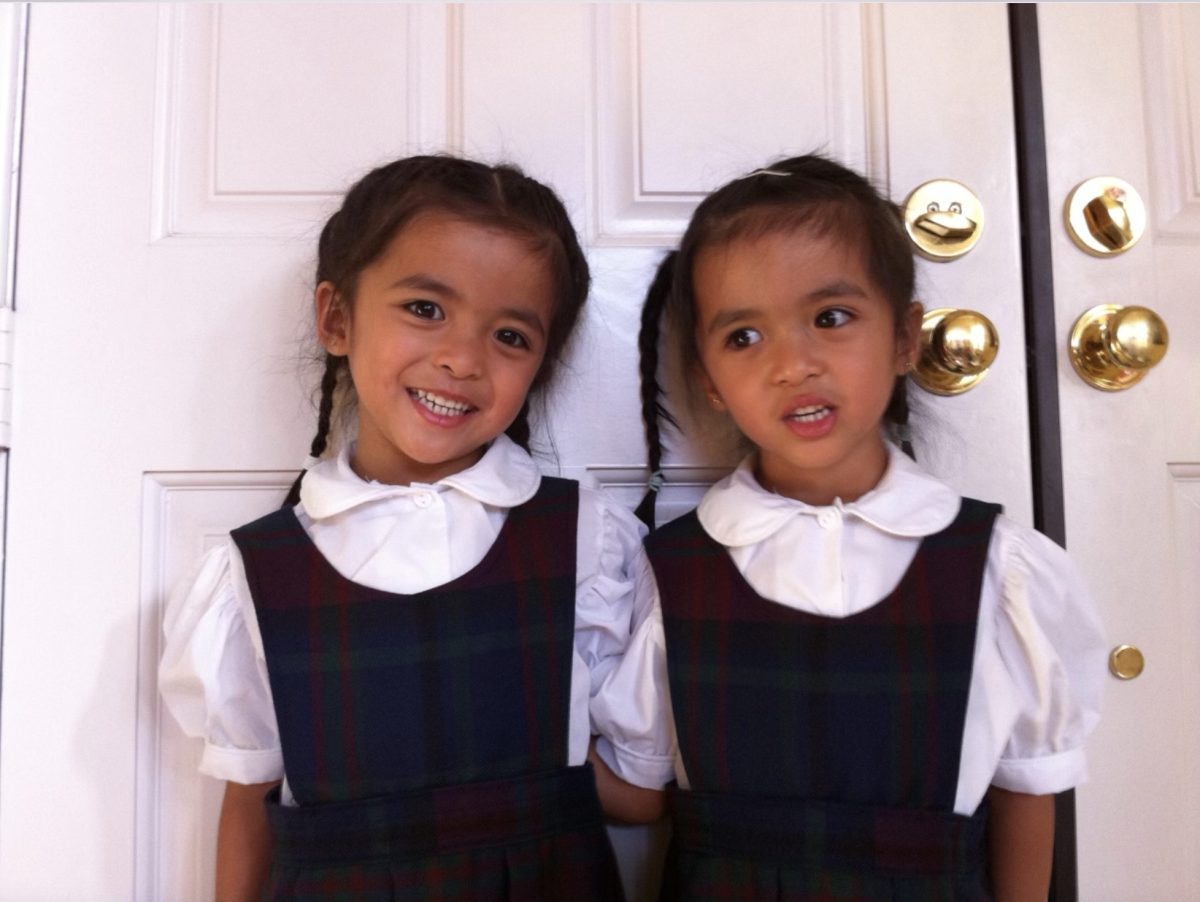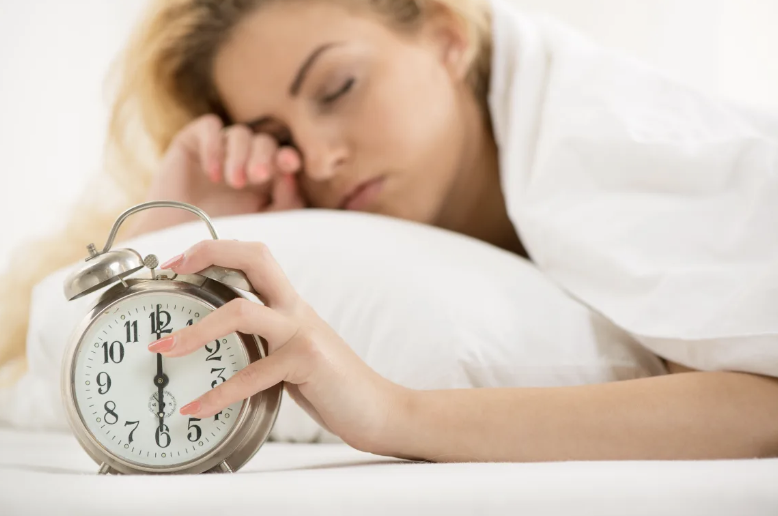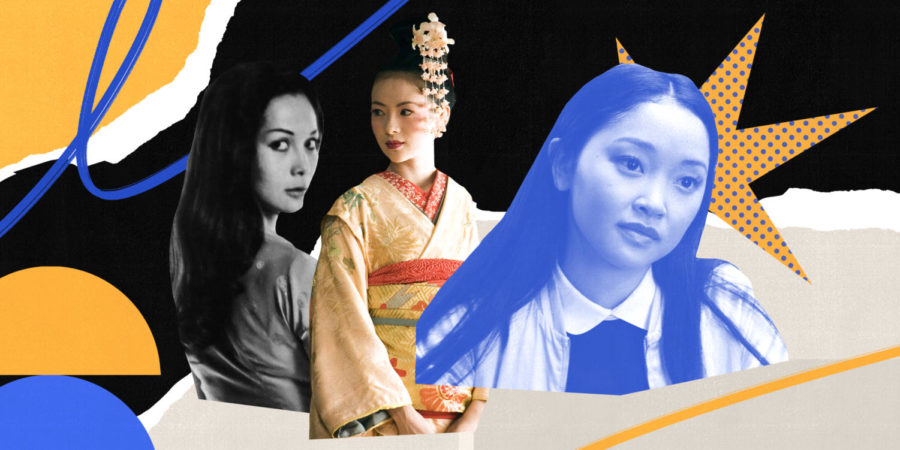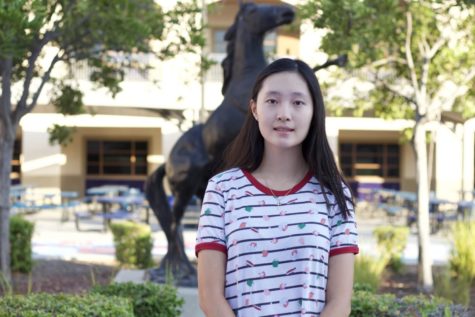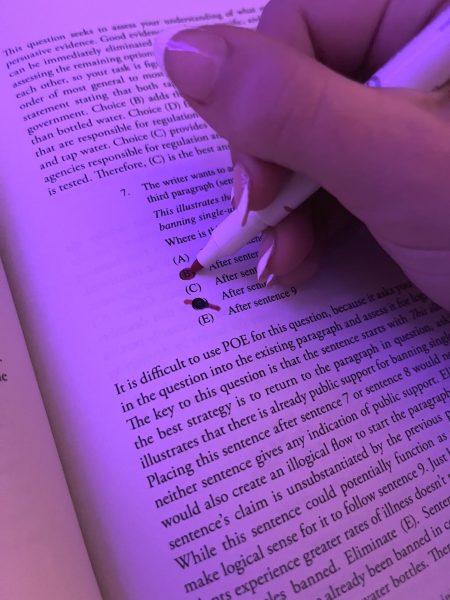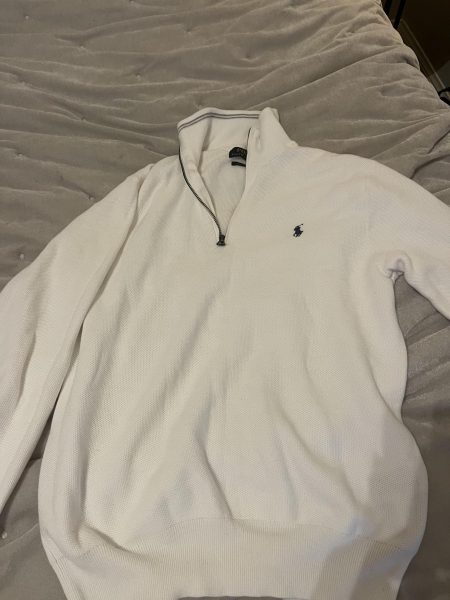Stereotypes Placed on Asian Females & the Harm They Do
Characters who exemplify how western media perpetuates harmful stereotypes of Asian women.
March 29, 2022
Nerdy, awkward, and wimpy—these are a few generic examples of the many distasteful stereotypes placed on Asians in general. These traits are especially emphasized in the media’s view of Asian males, degrading them as ridiculed characters in many movies and real-life settings. However, Asian females also face many unfair and potent stereotypes; although they suffer from the same stereotypes mentioned earlier with Asian males, a whole new layer of labels is placed on Asian females. Public ignorance combined with the lack of strong Asian female representatives in the media has oppressed the Asian female, blinding eyes from seeing her in any way that strays from racist stereotypes.
Like females from any other racial group, the Asian female has many different facets—individuality comes with being human alone, and cannot be defined in one way. Nevertheless, the Asian female is limited by the uneducated eyes of the public to a select group of labels. Sophie Zhang (12) effectively recognizes these labels, saying that “as an Asian girl, [she] find[s] the stereotypes of Asian girls/women to be particularly narrow minded, as [they]’re often viewed solely as ‘meek, obedient, and quiet’.” She believes “that, to an extent, growing up in an environment with these stereotypes causes the stigmatized individuals to cave towards fitting into that stigma,” continuously fueling the stereotypes. Insightfully, she concludes “that learning environments such as schools should share/teach more stories about” Asian females, “in order to promote a more holistic perspective of the group instead of ”the narrow-minded views prevalent in society. Zhang’s words resonate with the feelings of countless fellow female Asian students, and only further depict the degradation they receive on a daily basis.
In addition to the stereotypes mentioned by Zhang, other labels on Asian females include “exotic,” “dorky,” “coy,” and “gold-digging.” These negative labels have been perpetuated by racist entertainment media over the years, fetishizing and dehumanizing Asian women as submissive objects. Sickeningly, due to the effects of the images western media has given to them, many Asian women face constant harassment and share their experiences on social media. Commonly, these experiences involve random men coming up to Asian women in public, harassing them and asking them if they have a boyfriend. The harassers then call the women “exotic” as an apparent compliment, and after being rejected they become violent. An example of one of these incidents is when a woman named Hong Lee was verbally and racially assaulted by a man in a Central L.A restaurant. After declining to dine with the man, informing him that she was married, he began screaming at her while hurling profanity-filled racial insults (ktla.com). Unfortunately, as with the many hate crimes towards Asians in general, incidents such as the one Hong was involved in often go unreported due to fear, complacency (of bystanders), and the desire to avoid more conflict than necessary.
People of every race face stereotyping, discrimination, and hate, but it is evident that through the lack of coverage on the issues Asians face that they are wrongfully neglected and unnoticed. Women already face the problem of being unheard and oppressed by men; being Asian alone greatly magnifies such injustices, causing Asian women to bear the worst of both worlds. Ultimately, the Asian woman is human first—as is any other woman or person of color—and deserves the respect and individuality that any human being should receive. Society needs to pay just as much attention to Asian women as it does to women of every other race, and rip away the labels it has plastered onto them.




